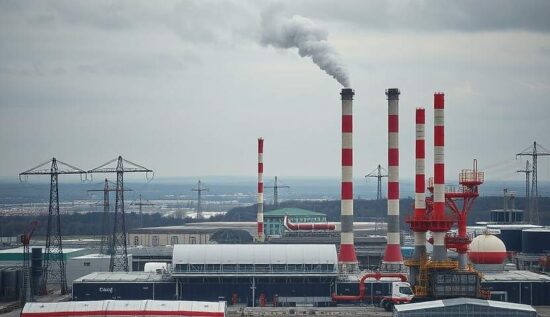Hungary’s Foreign Minister, Péter Szijjártó, has expressed deep concern over the recent US sanctions against the Russian oil industry. In a statement to the MTI news agency, the diplomat warned that these measures would trigger a further price increase in Central Europe. Szijjártó described the situation as a serious challenge for the entire region, as the sanctions also affected the Serbian energy company, NIS, which plays a key role in oil deliveries to the Balkan country.
“We will hold close consultations with our regional partners in the coming days and weeks to minimize the impact of the sanctions on energy prices and to protect the Hungarian people and the central European economies” Szijjártó emphasized.
The minister also highlighted that rising fuel prices would make life more difficult for the population, increase general expenses, and negatively affect the region’s economic indicators. Therefore, the Hungarian government aims to prevent such a scenario.
In a related note, Szijjártó mentioned that the sanctions were imposed by the outgoing US administration under President Joe Biden. He expressed optimism about the upcoming presidency of Donald Trump, saying that Trump would see Hungary as a friend, not an enemy.
Serbia’s President, Alexander Vučić, stated on Saturday that Belgrade had already requested an explanation from Washington on the sanctions against NIS. Serbia is prepared to seek a solution with Russia, but it needs to be clear about the US conditions to negotiate with Moscow, Vučić added.
“The most important thing for the people is that oil, gasoline, and all oil products are available” Vučić emphasized.
Earlier, Vučić announced that the issue of the Russian stake in NIS would need to be resolved by February 25. He plans to speak with his Russian counterpart, Vladimir Putin, by phone from January 25 to 27, and assured that Serbia does not intend to expropriate anyone.
The new sanctions package against the Russian oil and gas industry was imposed on January 10. Several Russian energy companies, including a stakeholder of NIS, were added to the sanctions list, along with 183 tankers of the so-called “shadow fleet” and high-ranking officials of the Russian Energy Ministry.
NIS is one of the largest energy companies in Southeast Europe, engaged in exploration, production, processing, and import of hydrocarbons. The company has over 400 gas stations, an oil refinery in Pančevo, an oil refinery in Novi Sad, and a heat power plant. NIS’s annual contribution to the Serbian budget is nine percent, and the company employs over 10,000 staff members.





